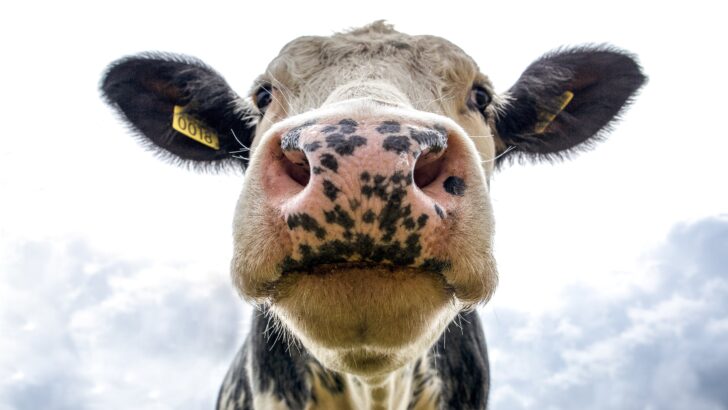Strasbourg (KNA) According to a landmark ruling by the European Court of Human Rights (ECtHR), states may prohibit Jewish and Islamic religious communities from slaughtering animals by bleeding them without anaesthesia. In their decision published on Tuesday, the Strasbourg judges rejected the class action brought by Jews and Muslims from Belgium. They had opposed the ban on the grounds that it violated religious freedom.
Ritual slaughter without anaesthesia is highly valued in Islam and Judaism. Believers are only allowed to eat meat when the animal has been bled to death. In Germany, slaughtering is permitted for Muslims and Jews in strictly exceptional cases and with official authorisation.
The ECtHR dismissed the complaints from Belgium. In view of the suffering of the animals during slaughter without anaesthesia, the restriction of religious freedom associated with the ban on slaughtering was justified. The judgement is not yet final. An appeal can be lodged within three months. If the appeal is accepted, the Grand Chamber of the Human Rights Court would deal with the complaints again.
Specifically, the Strasbourg judgement concerned laws in the Flemish and Walloon regions of Belgium. Following lengthy parliamentary discussions, bans on slaughtering came into force there in 2017 and 2018 respectively. Islamic associations as well as Jewish and Muslim individuals took legal action against this.
The Belgian Constitutional Court dismissed the appeals. It also relied on the arguments of the European Court of Justice (ECJ), to which the constitutional judges referred the case.
The Court of Human Rights has now agreed with the judgement. The ban on shechita is a clear encroachment on religious freedom. However, the freedom of religion enshrined in the European Convention on Human Rights should not be invoked in absolute terms without considering animal welfare. It is also crucial that societies in Europe attach increasing importance to animal welfare and animal protection.
According to the Convention on Human Rights, freedom of religion may be restricted if this is necessary for public safety, for the protection of public order, health or morals or for the protection of the rights and freedoms of others. The ECtHR has now interpreted the protection of public morals for the first time with regard to animal welfare.
At the same time, the judges emphasised that the ban on slaughter in the two Belgian regions in no way means that religious Muslims and Jews have no access to meat slaughtered according to their religious rules. Meat can be imported from countries where slaughtering is permitted. In addition, religious slaughter is also permitted in Belgium’s third capital region, Brussels. A legislative initiative there to ban it recently failed to gain majority support.



